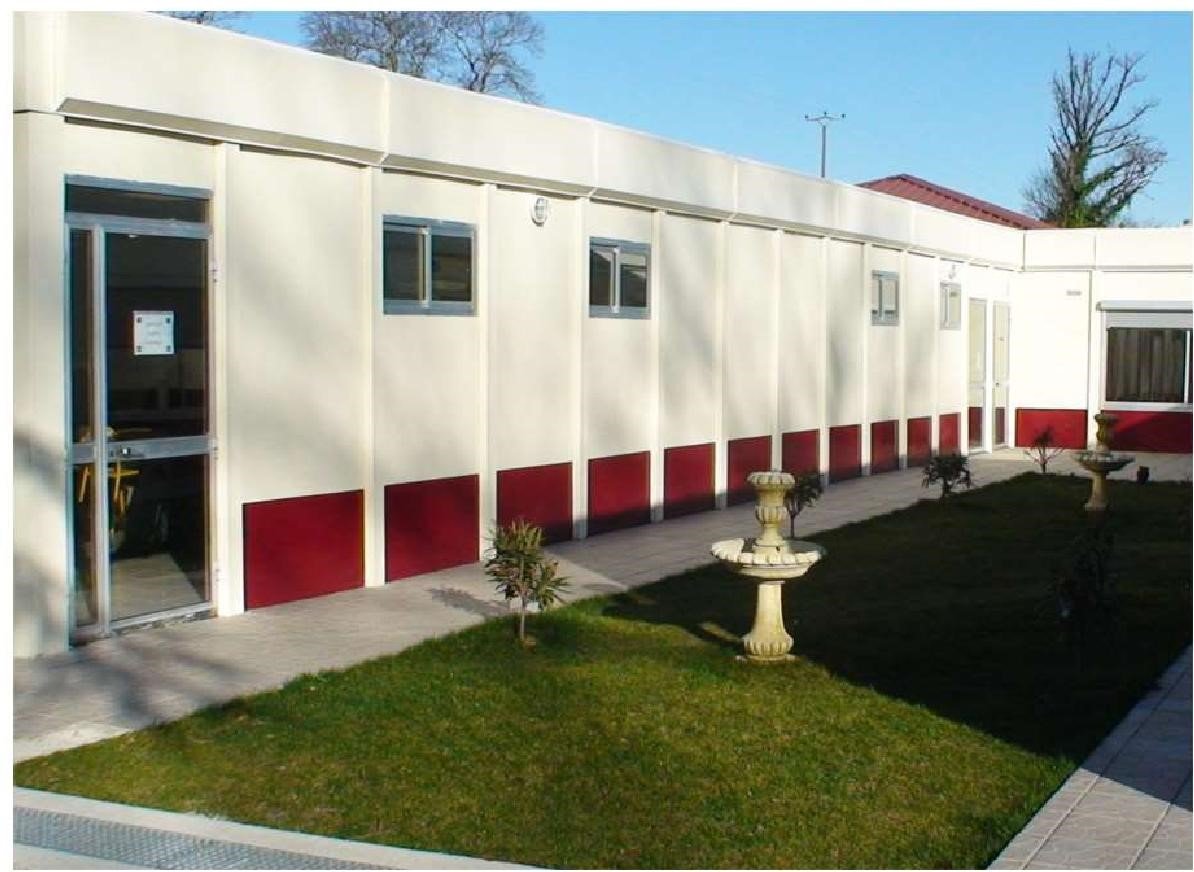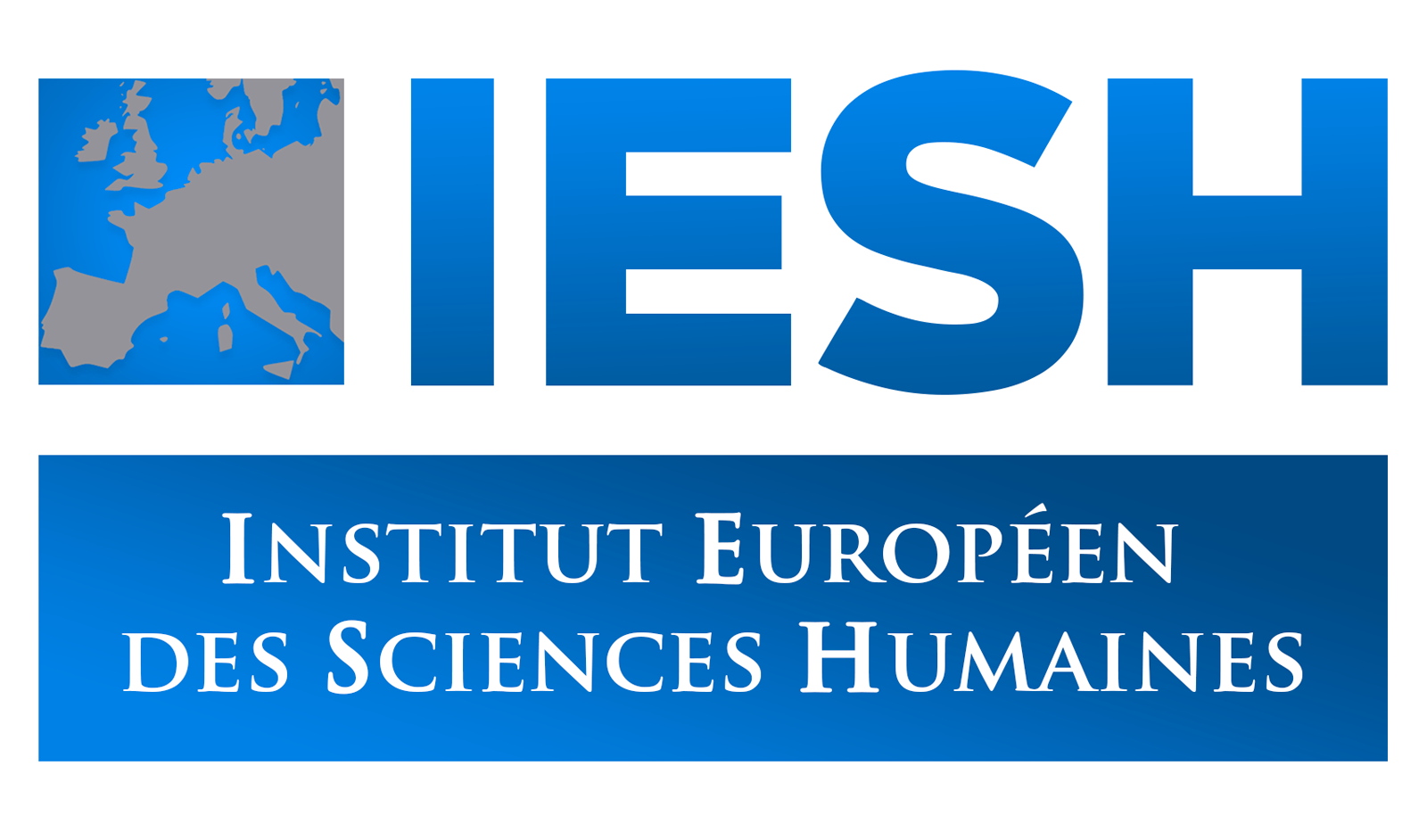Arabic Language Department
The Arabic language course lasts two years.
An aptitude test is planned the first day of the school year, in order to divide the classes according to the levels of each one and therefore to guarantee homogeneity in the classes.
At the end of the course, the student is awarded a diploma certifying his level. Indeed, the skills acquired in reading, writing and comprehension will allow you to pursue religious studies in the Arabic language and also to hold conversations.
🛈
The school year is made up of 32 weeks spread over 2 semesters with a weekly hourly volume of 20 hours.

Teaching is taught in Arabic , Arabic spoken and written.
At the end of the first year , the student is able to read a basic text in Arabic language and has general bases in grammar and conjugation and has an adequate vocabulary and conducive to the holding of a usual conversation.
Additional subjects are added during the year, such as fiqh, hadith or poetry, as the students progress in the Arabic language.
The exams come in 2 forms: written and oral. “An initiation to the basic rules of chanting from the Holy Quran is on the program.
The program of the second year broadly comprises the same subjects, with a more in-depth study. The student will study longer and more complex texts, while being able to express himself on a wide range of different subjects. He will be able to understand the theological vocabulary which will allow him to pursue a possible course in religious sciences on a good basis.
It is level C1 or even C2 of the European competence scale that is targeted: the learner must be able to understand a wide range of long and demanding texts, express himself correctly, use the Arabic language in his social and professional life and express themselves on complex subjects in a clear and well-structured manner.
Skills and knowledge taught
Theoretical Knowledge
- In-depth knowledge of the Arabic language
(pronunciation, grammar, syntax, lexicon …). - Knowledge of religious lexicon.
Know-how
- Knowing how to plan your work over time.
- Knowing how to work independently and in a team.
- Knowing how to adapt to different cultural contexts.
Life- skills
- Express yourself easily in Arabic, on cultural and social subjects and in various situations
- Analyze and present orally various texts (literature, press)
- Write texts in Arabic from literary, historical, cultural and societal themes

Goals
The Arabic Language Institute aims to teach Arabic in a scientific and modern way, to non-Arabic speakers, or beginners in Arabic, to enable them to master reading, writing and understanding the language of the Koran. .
Acquired at the end of the first year:
- Be able to read vocalized text
- To be able to conjugate verbs in different modes (past, present and future)
- Construct a nominal or verbal sentence
- Acquire the basics of Arabic grammar
- Understanding Arabic Text
- Read the Quran
- Familiarize yourself with Arabic poetry
Acquired at the end of the second year:
- Deepening knowledge in grammar and conjugation
- Analysis of nominal or verbal sentences
- Be able to read unvocalized text
- Understanding the guiding ideas of a text
- The endowment of the student with a legal lexicon enabling him to understand religious texts.
Following this course, students can enter the department of Muslim theology.
Conditions of admission
-
A-Level certificate not required
-
Pay the registration fees
-
Admission by interview
-
To be motivated
-
Attend all classes throughout the school year.
Training details
The Arabic language program is taught over two years with a weekly hourly volume of 20 hours. The school year is made up of 32 weeks spread over 2 semesters.
Course schedule
| First year | Second year |
|---|---|
| Oral expression | Oral expression |
| Written expression | Written expression |
| Reading | Reading |
| Grammar | Grammar |
| Qur’an | Qur’an |
| Hadith | Hadith |
| Initiation to Fiqh | Life of the prophet |
| Initiation to Arabic literature and poetry | Initiation to Fiqh |
Exams
The examinations are carried out in the form of:
- continuous checks
- partials in February
- final exams in June
- a remedial session in September
